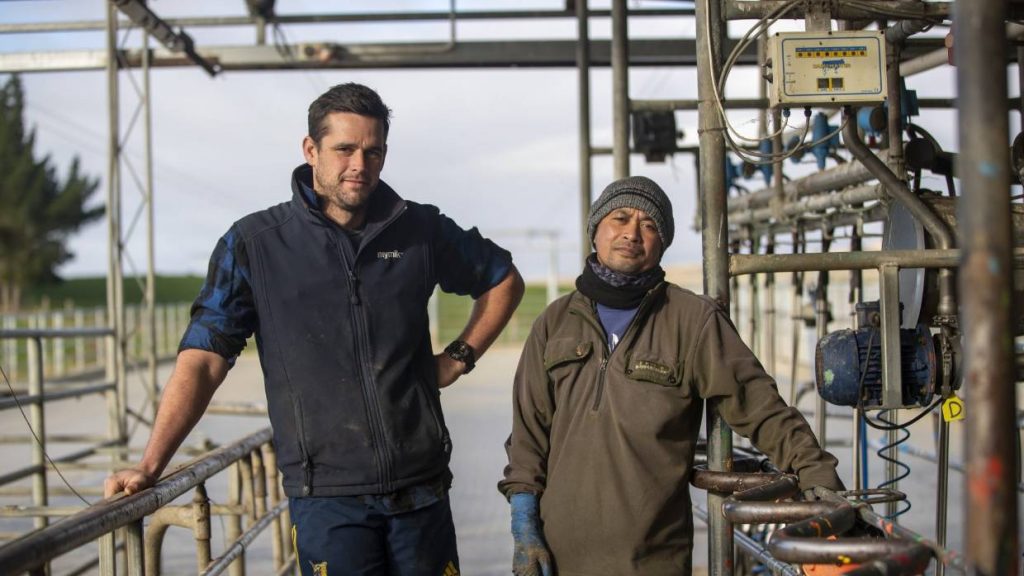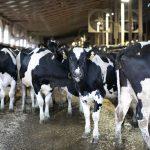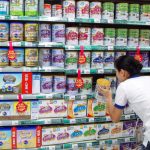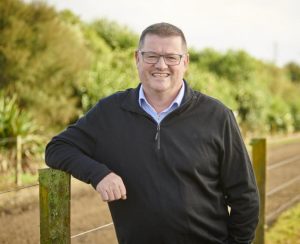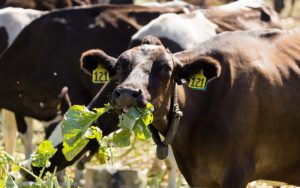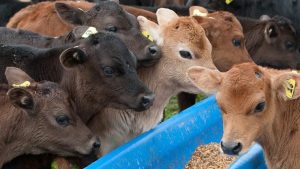
New Zealand came out of lockdown and many Kiwis headed straight into unemployment, especially those that work in tourism.
Other companies are also picking up restructuring plans put on hold by Covid-19, meaning the employment landscape is changing rapidly for some workers.
In Southland, The Invercargill Licensing Trust, Invercargill City Council, H&J Smith and SBS have announced staffing changes.
But will everyone go farming in search of employment?
It estimated there are about 150 rural contractors jobs currently available across Southland and Otago, and hundreds in the dairy sector.
As of Sunday, there were 550 job listings on Trade Me in the agriculture, fishing and forestry sectors.
DairyNZ says farmers are heading into calving and there are possibly 1000 jobs available nationwide.
The Southern Institute of Technology also held a redeployment expo in Queenstown in June, aimed at getting people from industries, such as tourism, into farming.
Southland Federated Farmers vice president Bernadette Hunt believed it was entirely possible the farming industry would be able to soak up job losses.
“There were large numbers of workers from overseas working in these [contracting] jobs, as people from New Zealand aren’t interested,” she said.
“[The industry] is crying out for workers. It’s been a challenge getting these people for some time now.”
There were a range of roles available from entry-level jobs, to ones that required specific skills.
Some roles available could be interchangeable with those in the tourism industry, Hunt said.
But Southland farmer Don Moore isn’t so sure, as staffing for farms is experiencing visa challenges.
Most of his employees are migrants, who hold visas.
While the Government has extended visas due to expire in July until September, it’s not enough to ease his workers concerns. Without assurance, three of the four most senior staff on Moore’s farm fear they will have to return home.
And without them, Moore is worried it will be the end of his farm.
“It’s scary.”
The roles his migrant workers currently fill are managerial positions and those capable of sole charge while the farm manager is away.
These are not roles just anyone coming in off the street could fill. It would take a lot of training, he said.
But what worries Moore is that those people will move over to the dairy industry until the tourism industry is reprieved, and will then want to move back.
“What do we do then?”
For now, Moore doesn’t need any more workers but if the time came, he doesn’t think it would be easy.
DairyNZ people team manager Jane Muir said with calving approaching, now was the time to call on New Zealanders to fill these roles.
“It will take time to get more Kiwis into dairy. For this reason, we still need our migrant workers. There are plenty of jobs for Kiwis and migrant staff,” Muir said.
DairyNZ is in the process of asking the Government for support to get about 40 skilled migrants, who already had jobs in New Zealand but are stuck offshore.
“We are also asking the Government for certainty on the visa extension status for migrant staff on visas that expire from July 9, 2020, and to provide more clarity on the process for the coming six months.”
Muir expected that in the medium to long-term, she would see dairy’s reliance on migrants decrease, but said it would take time.
“Our migrants have skills we can’t replace quickly, they are highly valued by us, and we also need them to help train Kiwis into dairy farming careers.”
Southland represented about 10 per cent of dairy employees on farm, and expected there to be about 100 jobs available in the region.
The dairy sector wouldn’t be able to provide jobs for everyone who had lost their job in Southland, Muir said.
“However, we are pleased to be playing a significant role in providing jobs and supporting New Zealand’s economic recovery post-Covid-19.”
